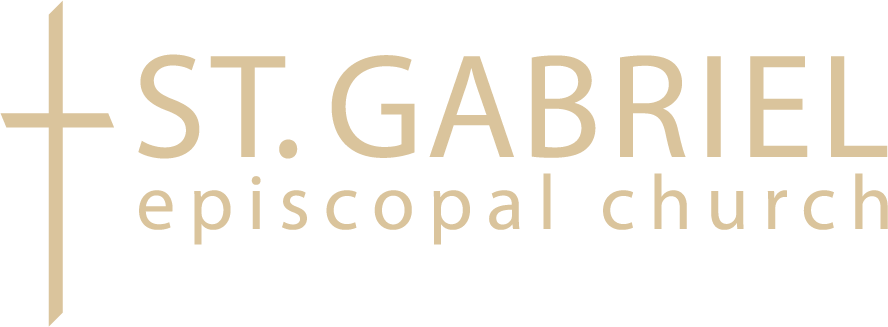As I write on Wednesday morning, we do not yet know the result of the presidential election. We do know how Colorado voted and we do know that in many other parts of the country the election is very close. Democrat Michael Wear tweeted “Here’s what I’m sure of after yesterday: we cannot continue to operate as if half of the country does not exist.”
Former National Review columnist Jonah Goldberg made the observation this morning that while “politics feels more divisive than at any other point since at least the 1960s” and that Americans have been “self-sorting for a long time” (which means affiliating with like-minded people with the same world view), organized religion can fulfil a role “as a binding force in our culture.” While organized religion has receded as this binding force, in my view it can become that again. It might take a mighty work of Jehovah to bring it about, to be sure!
When we think about our local church community here at Saint Gabriel, I think we can be encouraged. We may feel passionately about our political situation. I personally know many people who are passionately blue and passionately red, equally committed in their faith. Even so, we come together at the foot of the cross equally in need of God’s grace and salvation. We come to the communion table to be assured of Christ’s presence in our hearts as we partake of the bread and wine.
Before COVID-19 I was always bemused at the sight of two in our congregation who couldn’t be further apart in terms of politics, yet who sat together and cared for one another week-by-week.
I don’t want us to be a place where we have a thin veneer of politeness (though I hope we are always polite to one another) and paper over our political differences, but rather I hope we can be a place where politics are understood to be penultimate. The place of ultimacy lies with the King of kings and Lord of lords.
At the same time, I hope we can be a place where people grow in clarity about bringing biblical perspectives on justice and righteousness to bear on the issues facing us today – whether they be primarily economic, international, environmental or social. For the Christian politics should not be about me and my tribe as much as how I fit in to the commonwealth – what do I bring to the table to help secure the flourishing of the whole?
If we don’t first come to the voting booth remembering our baptism – and the baptismal vows undertaken as we stepped into the waters of the font – then our faith remains in the private sphere alone and our faith is disengaged from the world in which we live. If we work together to forge our voting life and our community engagement from the perspective of the biblical story, then our politics is a way to love God and our neighbor.
To the exiled people of God living in Babylon, much like the church lives in a foreign land, Jeremiah 29 exhorts,
5 Build houses and live in them; plant gardens and eat their produce. 6 Take wives and have sons and daughters; take wives for your sons, and give your daughters in marriage, that they may bear sons and daughters; multiply there, and do not decrease. 7 But seek the welfare of the city where I have sent you into exile, and pray to the Lord on its behalf, for in its welfare you will find your welfare.
Let us go in peace to love and serve the Lord!
